The Doctoral College is delighted to launch the second round of funding for the PGR Research Culture and Community Grant (RCCG).
This grant is intended to support PGR-led activity across researcher development, research culture and research community building initiatives. It can be used to fund a social event, training activity, analysis workshop, digital skills session, writing session or other activity to enhance the PGR experience. In addition to community building, the purpose of the grant is to enable PGRs to gain transferable skills and experience in planning, organising, promoting and implementing such activities.
A successful event that took place during the first round of funding, was “Culture on a Plate”, organised by Bohan Liu from BUBS. Read on to learn about Bohan’s experience and how this event has had a positive impact on the PGR community:

On 11th December 2024, Bournemouth University’s PGR community came together for the much-anticipated “Culture on a Plate” event, a celebration of cultural diversity through food.
The event brought together over 40 attendees from various departments, showcasing a vibrant array of home-cooked dishes that reflected traditions from around the world. Each dish carried a unique story, sparking meaningful conversations and creating a deeper appreciation for the cultural richness within our community. The enthusiasm of participants was heartwarming, with many praising the event and suggesting it become a regular tradition at BU. A heartfelt thank you goes out to the 21 contributors who shared their culinary creations and the individuals who kindly provided recipes for everyone to try at home. The feedback was overwhelmingly positive, with attendees expressing their gratitude for the opportunity to connect through shared meals and cultural stories.

For me, organising this event was an incredibly enriching experience. It helped me develop essential skills in event management, cross-cultural communication, and community building. It was both challenging and rewarding to see the joy and sense of belonging it brought to our PGR community.
I am deeply grateful to the BU Doctoral College for their support and funding, without which this event would not have been possible. Many thanks go to Enrica Conrotto and the staff from the Doctoral College, whose efforts were instrumental in bringing this event to life. I would also like to extend a special thank you to Professor Dimitrios, whose guidance and encouragement played a crucial role in shaping the success of this event.

This joyful gathering, held just before the Christmas holiday and New Year, was more than just a celebration of food. It was a spark of passion for inclusivity and connection, one that I hope will continue to grow and inspire the BU community into the coming year.
This experience has been immensely fulfilling and has reaffirmed the importance of fostering a collaborative PGR community. I hope this forum marks the beginning of more initiatives aimed at empowering BU researchers to achieve academic excellence and make meaningful contributions to their fields.
Bohan Liu (BUBS)

We hope this event has inspired you and perhaps has given you some ideas to submit an application for this second round of funding.
If you would like to apply, full details can be found on the Doctoral College Brightspace, including the application form.
- Applications opened Monday 13 January 2025
- Applications close Monday 24 February 2025
If you would like to discuss your ideas before submitting your application, please contact:
pgrskillsdevelopment@bournemouth.ac.uk
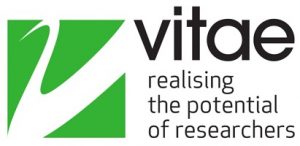 The conference takes place online from 3rd-5th September and in-person in Birmingham on 23rd and 24th September.
The conference takes place online from 3rd-5th September and in-person in Birmingham on 23rd and 24th September.



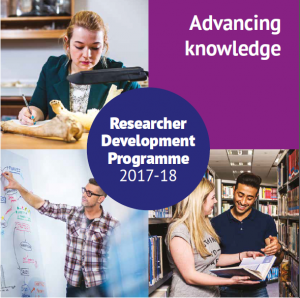
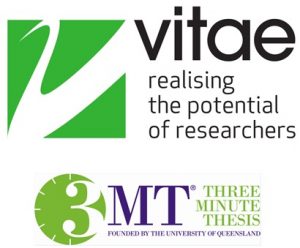
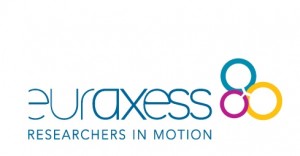


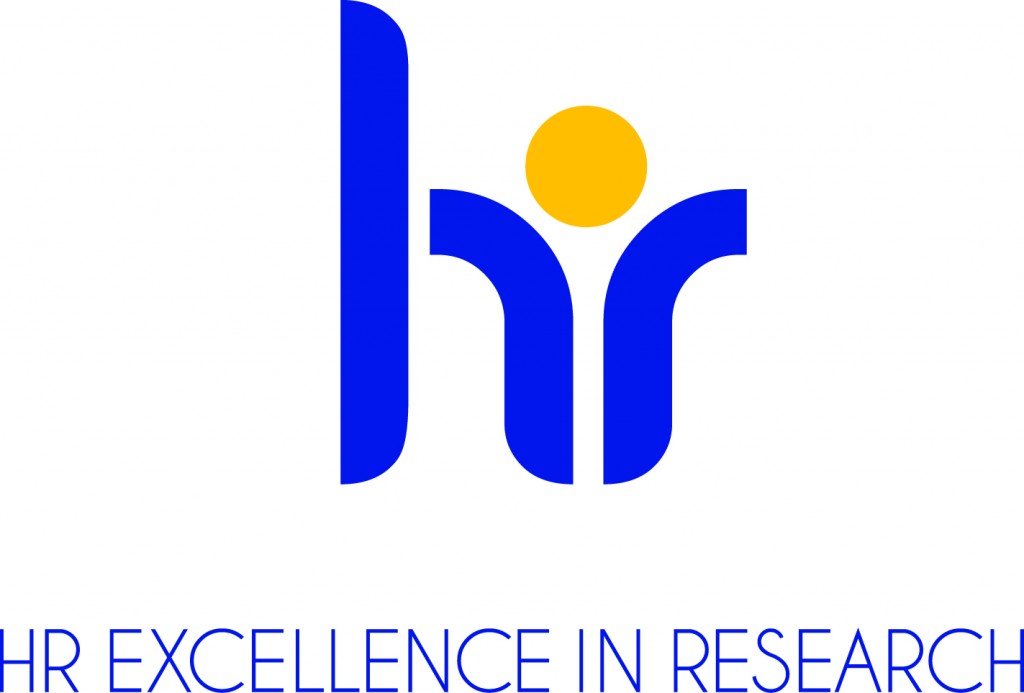
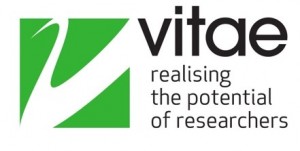
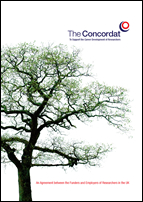











 Dr. Ashraf cited on ‘Modest Fashion’ in The Guardian
Dr. Ashraf cited on ‘Modest Fashion’ in The Guardian NIHR-funded research launches website
NIHR-funded research launches website Academics write for newspaper in Nepal
Academics write for newspaper in Nepal New paper published on disability in women & girls
New paper published on disability in women & girls MSCA Postdoctoral Fellowships 2025 Call
MSCA Postdoctoral Fellowships 2025 Call ERC Advanced Grant 2025 Webinar
ERC Advanced Grant 2025 Webinar Horizon Europe Work Programme 2025 Published
Horizon Europe Work Programme 2025 Published Horizon Europe 2025 Work Programme pre-Published
Horizon Europe 2025 Work Programme pre-Published Update on UKRO services
Update on UKRO services European research project exploring use of ‘virtual twins’ to better manage metabolic associated fatty liver disease
European research project exploring use of ‘virtual twins’ to better manage metabolic associated fatty liver disease